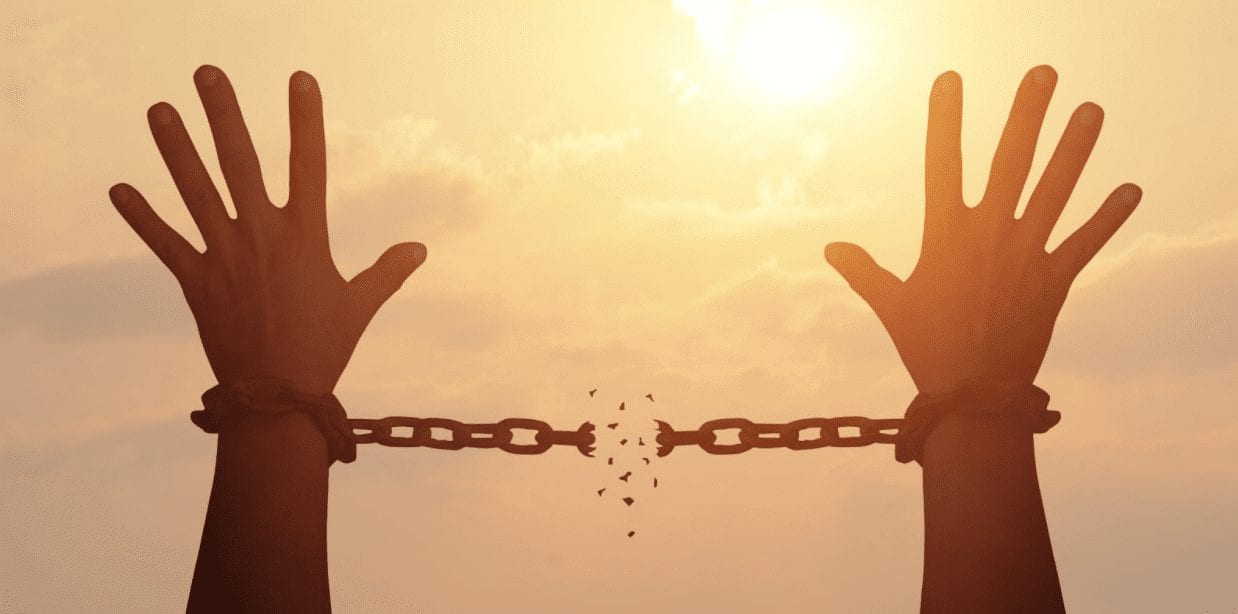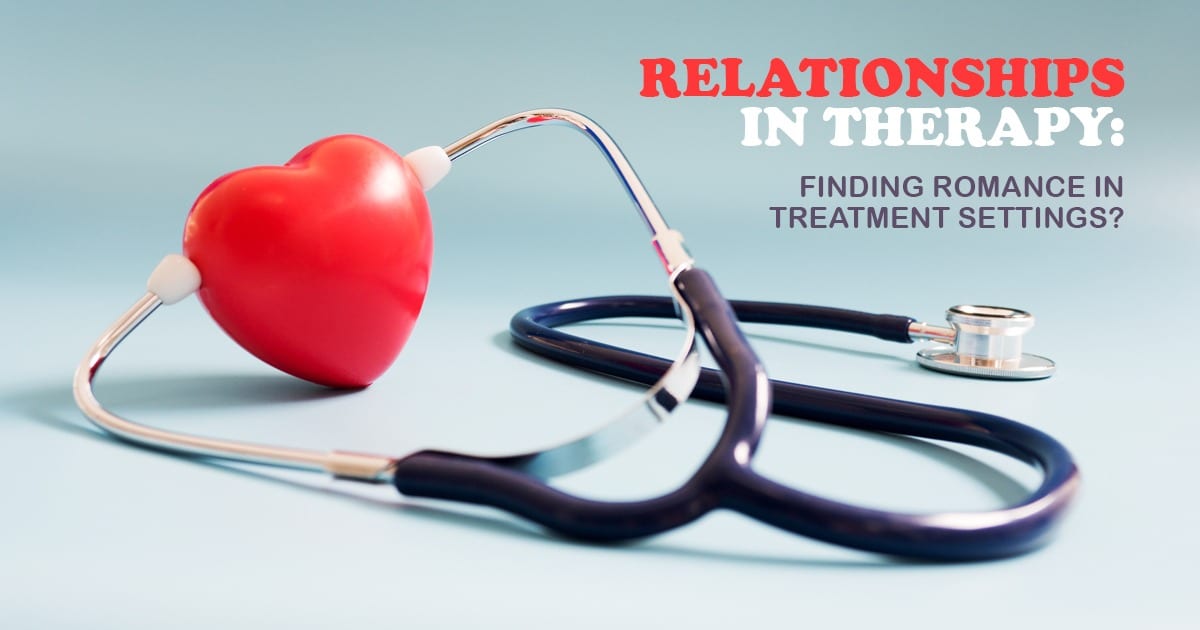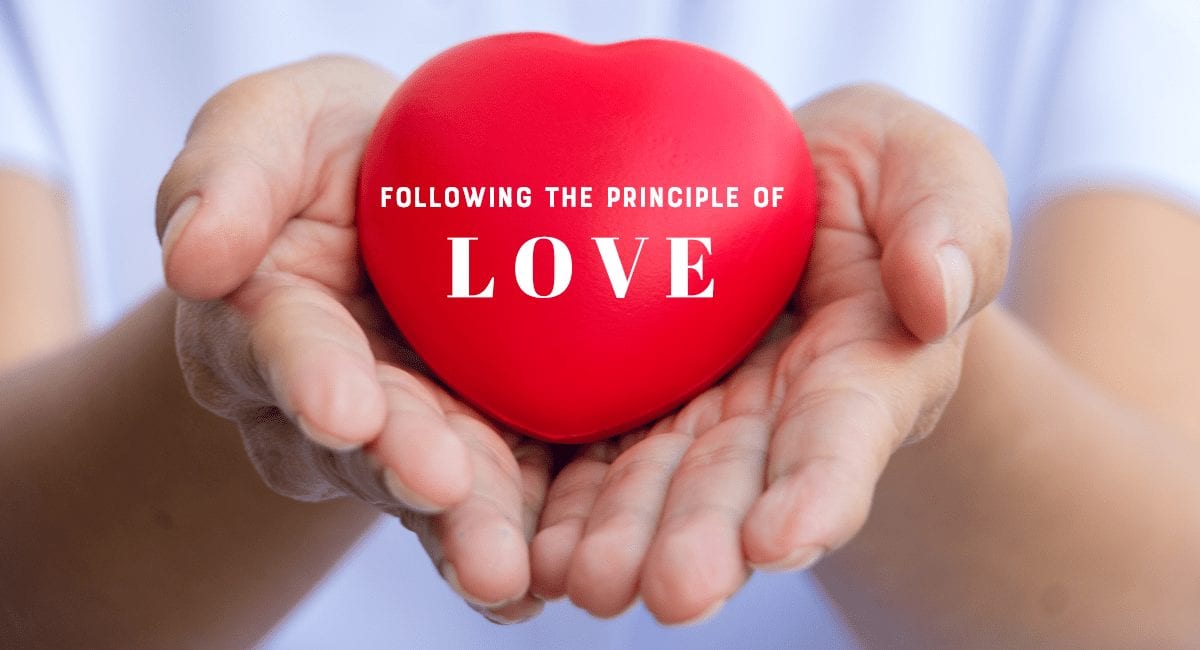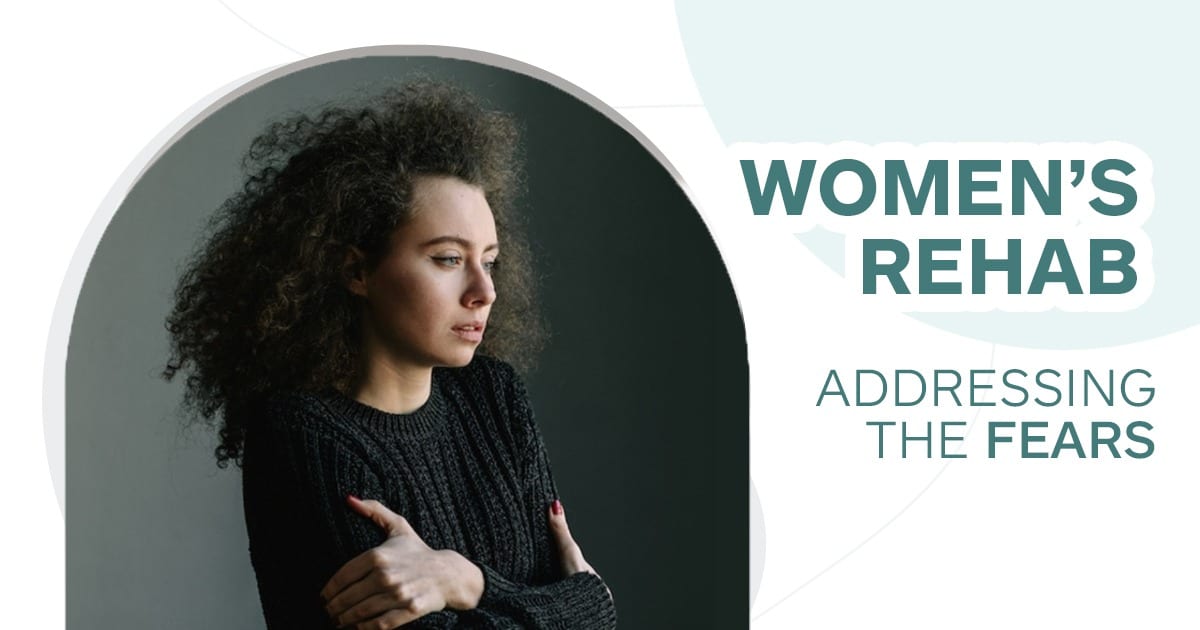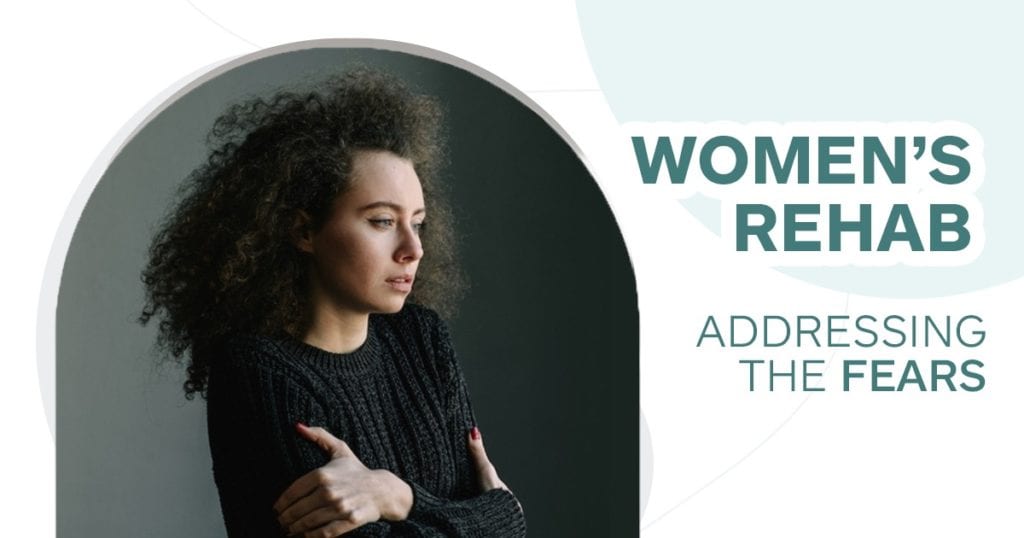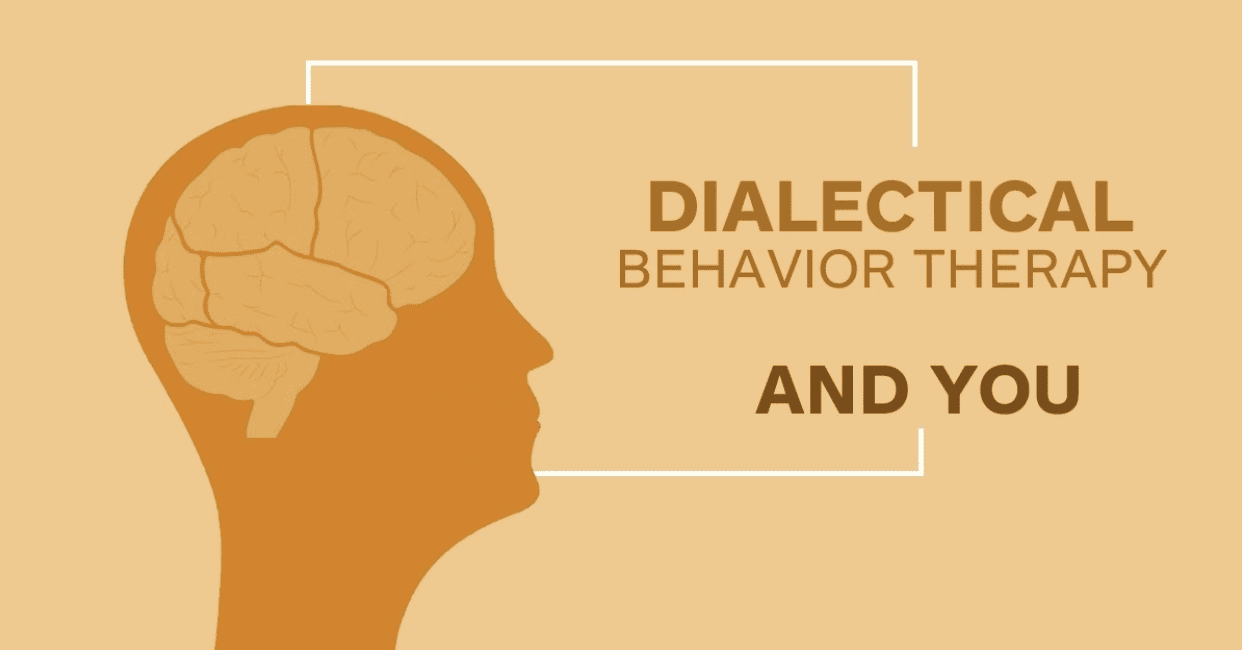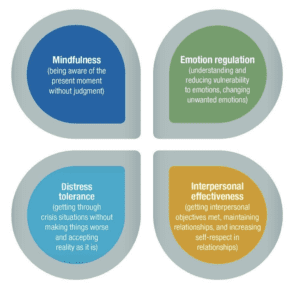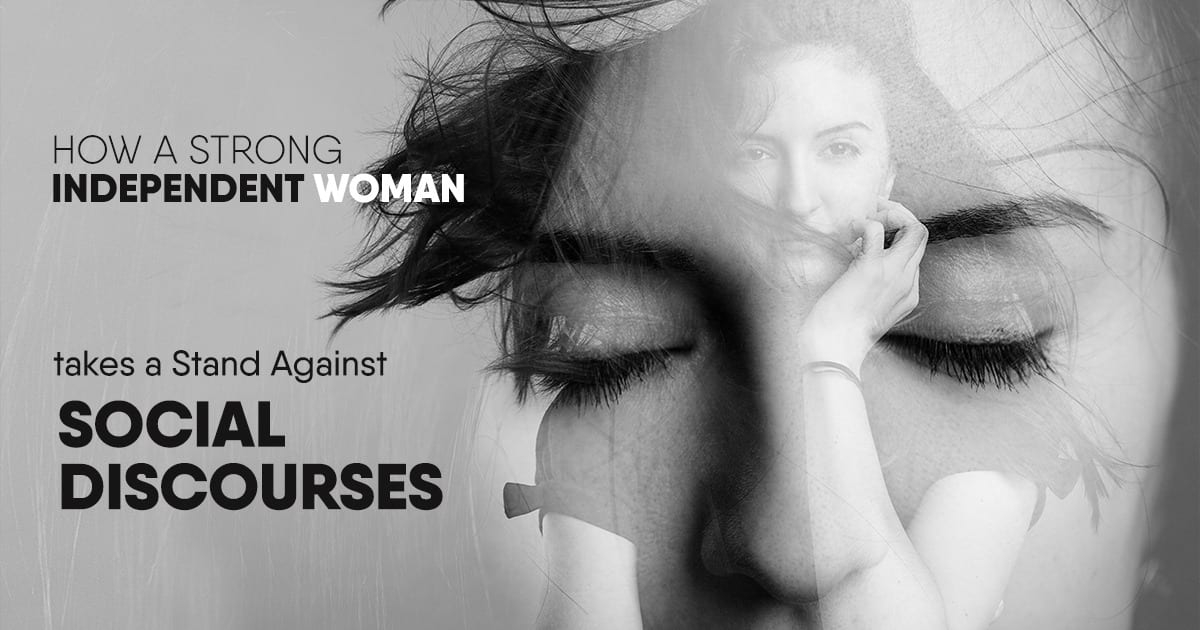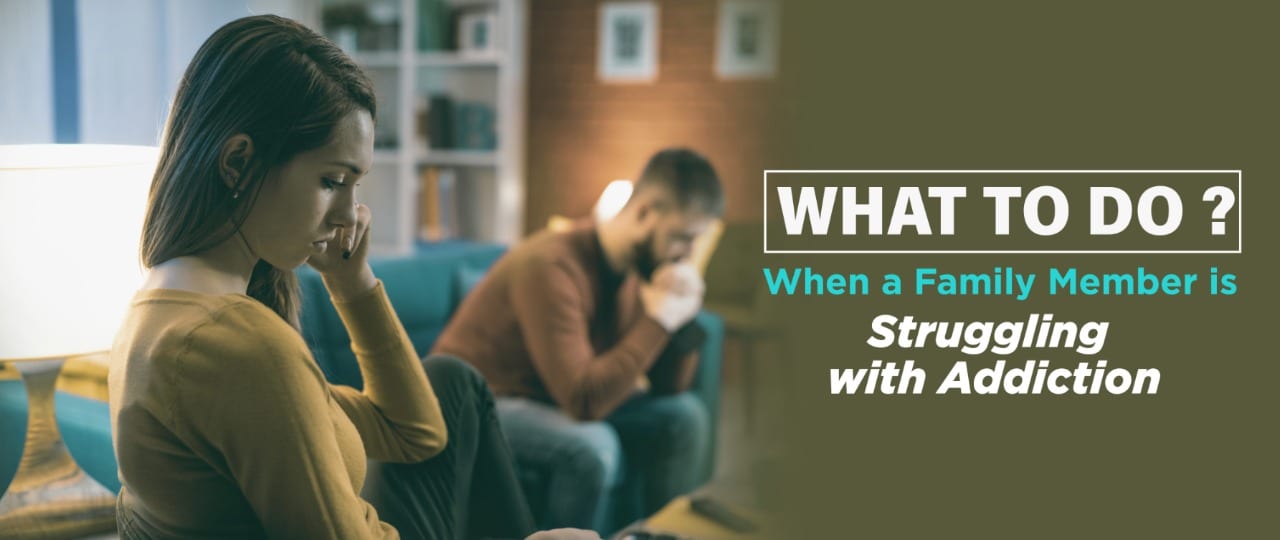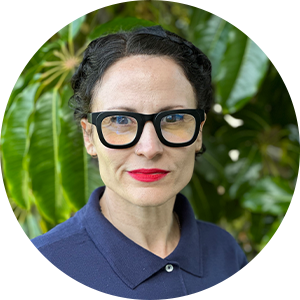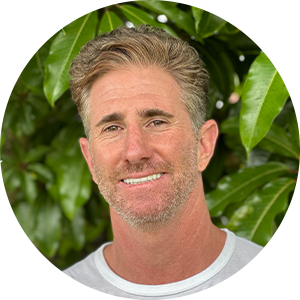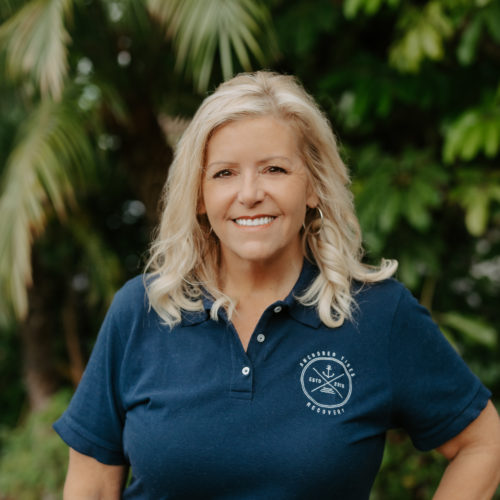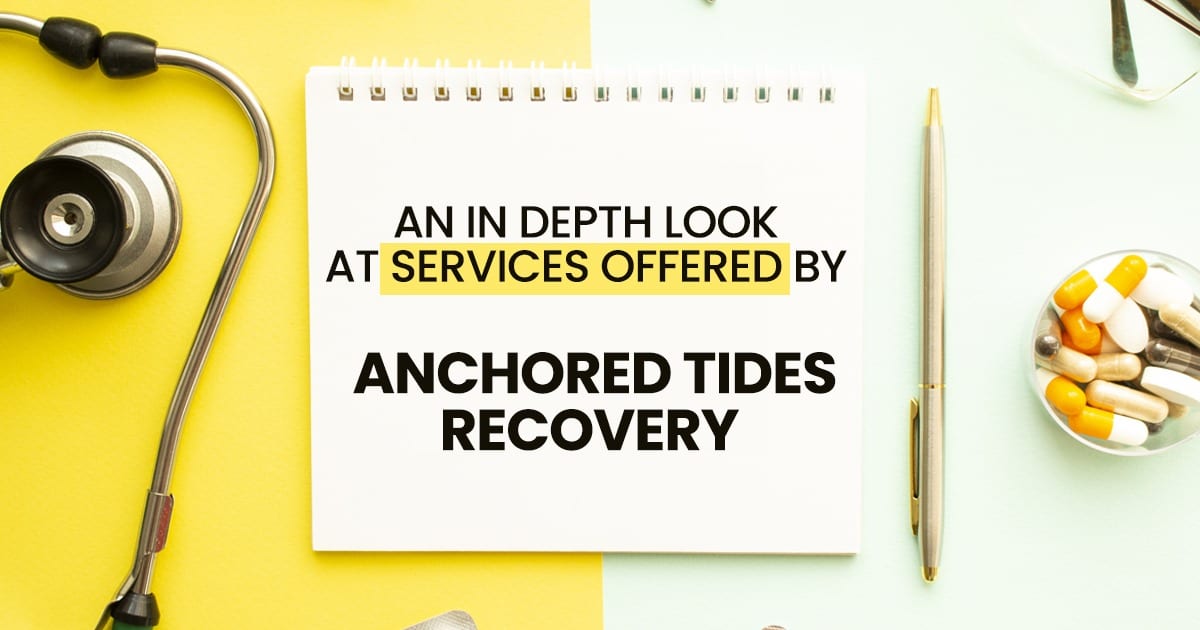
Being a woman struggling with addiction is a unique experience. Most men tend to have very different conditions for addiction; while they share many similarities in addiction development and treatment needs, their experiences are often different compared to a woman’s. Lets take a look into the services offered by Anchored Tides Recovery.
Benefits of a Women-Focused Addiction Treatment Center
There are many advantages to women-only rehab centers. The unity between women who attend a women’s only rehab center during their recovery provides a chance to heal in a judgment-free environment, with more empathy and understanding. This environment can make it easier for women to build relationships and a support group they can utilize throughout their lifetime.
Services Offered by Anchored Tides Recovery
Partial hospitalization program
Partial hospitalization programs (PHPs) are for moderate to severe substance use disorders and a need to attend more support-based programs during the day. The goal of PHP is to provide a bridge between an intensive inpatient program and outpatient treatment. A qualified staff closely monitors the patient throughout the day for various lengths of time, intending to phase out prescribed medications while enrolled in this type of program.
Partial hospitalization programs provide addiction treatment through structured, supervised activities and therapies for a specified number of hours per week. PHP is helpful for patients with co-occurring mental health disorders, those who require more intensive levels of care than outpatient treatment can offer, or those who need the motivation factor that a structured program provides in combination with onsite medical treatment. As participation in a PHP helps people overcome addiction and learn coping skills necessary to lead productive lives, PHP should not be confused with detox or inpatient treatment.
Our partial hospitalization program at Anchored Tides Recovery includes a variety of therapies, including:
- Individual therapy
- Group therapy
- Dialectical behavior therapy
- Adventure-based therapy
- Mindfulness & meditation
- Trauma resiliency
- Relapse prevention
Intensive Outpatient
An Intensive Outpatient Program (IOP) is a step down from inpatient treatment and is the highest level of care that doesn’t involve the client residing at the treatment facility. IOP’s typically consist of meetings three days a week and involve 8-12 weeks of treatment in a half-day format. Group therapy can consist of psycho-education, social skill development, coping skills, relapse prevention education, stress management, relaxation, and art/music therapy.
IOP’s are available for adults, teens, and children facing a variety of behavioral issues. IOP focuses on drug and alcohol recovery, so the program is perfect for those who may not have the time to attend an inpatient drug and alcohol rehabilitation program full time. Participants typically attend the entire day or night Monday through Friday to receive their drug and alcohol addiction treatment.
Individual therapy may include psychodynamic, cognitive-behavioral, and brief therapies. In addition, IOP’s utilize therapy to primarily continue care for drug and alcohol addiction patients following residential treatment until they’re ready to step down to a lower level of care.
Outpatient
Outpatient treatment programs are designed to provide the same services as an inpatient program while allowing clients to acclimate to treatment in a less restrictive setting. At Anchored Tides Recovery, our goal is to provide every woman with the addiction treatment she requires. Once someone has cleared any alcohol and drugs from his or her system, the next step is to keep clean. We work to identify what drove the client to addictive behaviors first and then treat the person with these triggers in mind holistically.
Dialectical Behavioral Therapy (DBT)
DBT is a comprehensive, evidence-based treatment initially designed to treat borderline personality disorder (BPD). However, DBT is also effective for people with substance use disorders; the goal of DBT is to balance the urge to use with greater awareness and understanding of one’s situation. This balance helps people establish a healthier relationship with their emotions.
DBT for addiction typically includes the following modules:
- Distress Tolerance Skills
- Emotion Regulation Skills
- Mindfulness Skills
- Interpersonal Effectiveness Skills
All of these components are important to be able to manage distress before it becomes overwhelming. In addition, for addictive disorders, learning to tolerate distress is related to managing relapse triggers.
Eye Movement Desensitization and Reprocessing (EMDR)
EMDR in addiction, called EMDR-A, integrates various therapeutic approaches for the treatment of addictive behaviors. EMDR-A is a psycho sensory approach that involves exposure to stimuli associated with the traumatic events experienced by persons who are addicted.
EMDR is an innovative psychotherapy approach that has been shown to help survivors (individuals who have stopped using drugs) manage their negative emotions, thoughts, distressing memories, and stress-related physical experiences related to their substance use disorder.
Unlike other methods for recovery from addiction, EMDR is proven to be highly effective. The treatment consists of EMDR therapy sessions and different approaches that will help you cope with disturbing memories and associations related to your addiction. This therapy will help you deal with the trauma surrounding your addiction so that you can live a better life without dependence on drugs. In addition, EMDR provides relief from withdrawal symptoms, cravings, and other compulsive behaviors.
Trauma Support
The trauma support treatment in addiction recovery is a fully and widely integrated support program that addresses all of the individual needs of those with trauma and their families.
At Anchored Tides Recovery, our trauma support treatment in addiction recovery has a specific emphasis on recognizing and developing the inner strength, power, and resilience of those with trauma. With an open, caring, safe, and confidential atmosphere, our trauma support treatment in addiction recovery provides hope for healing. We specialize in providing a nurturing environment for women that includes our natural detoxification process and providing ongoing individualized therapy as needed to facilitate lasting sobriety.
Cognitive Behavioral Therapy (CBT)
Cognitive Behavioral Therapy (CBT) is an evidence-based practice used to treat addiction and behavioral change. It seeks to help people with substance abuse problems become aware of and change destructive thinking and behavior and facilitate lasting change in their lives. The goals of CBT are to identify and solve the problems of maintaining substance abuse, increase self-control capacity, modify destructive patterns of thinking, reduce stress and anxiety levels, and increase satisfaction with sober living.
For those with co-occurring mental illness, CBT can help address feelings of guilt and shame, family matters, and other behaviors related to co-occurring addiction and mental illness. CBT can be taught, learned, and practiced just like any other skill or habit change. It involves identifying connections between actions, thoughts, feelings and urges. By learning how addiction works, it allows people to view their addiction more objectively. It has been proven to help addicts achieve sobriety.
Therapeutic Group Therapy
Therapeutic Group Therapy in addiction is an innovative and effective substance abuse treatment program that focuses on group interaction. This approach uses group processes as a method for understanding the nature of addiction, teaching communication and social skill development, teaching behavioral skills, increasing self-awareness, and improving self-esteem. It has a wide range of therapeutic benefits, including but not limited to decreasing tension, anxiety, and depression while increasing family and community support.
The use of groups in this form of treatment allows for sharing experiences from those with similar backgrounds, building camaraderie among peers, and developing realistic plans for change within the drug recovery group. Like in alcohol and other drug treatment, group therapy for addictions, substance abuse treatments, or even food and eating disorders can be very effective.
Psychoeducational Group Therapy
Psychoeducational group therapy in addiction is one of the services offered by Anchored Tides Recovery that involves mixing clients with similar issues and other individuals who have been on the road to recovery and are now helping others. A professional therapist will be present as a facilitator of the group discussion and leading the members through a series of steps. The aim is to improve the quality of life of those affected by substance abuse by bringing hope, motivation, and practical support for dealing with these issues.
Psychoeducational group therapy in addiction is based on the idea that a group can provide support, education, and other meaningful help to others who share a common problem. It brings people together to work on specific topics, share experiences, and work toward the goals of everyone in the group. The benefits of this type of therapy are numerous. For many people, simply being part of a group is enough to be helpful. Many studies show that psychoeducational group therapy works well for many issues, including drug and alcohol addiction.
Adventure Therapy
Adventure Therapy is a non-traditional healing therapy for those with addictive behaviors. It is a type of experiential therapy where some sessions involve a physical challenge, often an outdoor activity. This adventure-based approach has been used in addiction treatment to help give participants a sense of accomplishment and purpose when they have accomplished something, such as completing their first run/bike/swim/hike. This helps build self-confidence that one can lose from living with addiction/substance use and other mental health issues.
Adventure therapy is becoming an increasingly popular treatment approach to addiction. This type of treatment aims to help people discover their potentials and strengths through physical challenges in the wilderness.
Family Therapy Program
Family may represent the core of the person’s life; addiction can have a devastating effect on the family structure. A great deal of care and support is required to get a person out of an addiction. Therapy for both the client and his or her family will be necessary so that everyone can live more harmoniously. Without the family and efforts to improve, there would be very high relapse rates, so it is beneficial to get family members involved.
As a result of family therapy sessions, a person learns to reshape his or her life with professional support and family support. In addition, recovery from addiction is much easier when all family members become involved in the process.

Choosing a Woman-Only Addiction Treatment Center
The services offered by Anchored Tides Recovery give women the privacy and support they need to overcome their obstacles, declare victory over their addictions, and move forward with their lives. Led by a strong circle of positive women role models, these treatment centers focus on teaching women how to live drug-free and lead a healthy lifestyle in a safe environment. As a result, women that choose addiction treatment centers can let go of past issues – without fear of judgment – making it easier for them to find help.



 but that’s often the most critical time to go to meetings.
but that’s often the most critical time to go to meetings. 
 curb cravings, reduce stress, and give you higher energy levels. A few adjustments to diet and exercise can help lead the way to success. You won’t regret spending time exercising regularly.
curb cravings, reduce stress, and give you higher energy levels. A few adjustments to diet and exercise can help lead the way to success. You won’t regret spending time exercising regularly.


